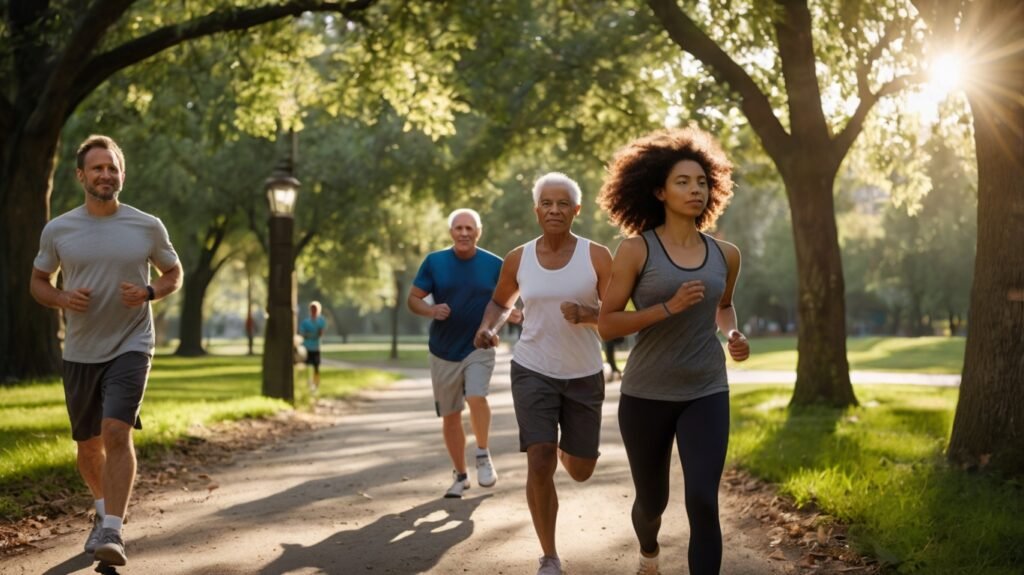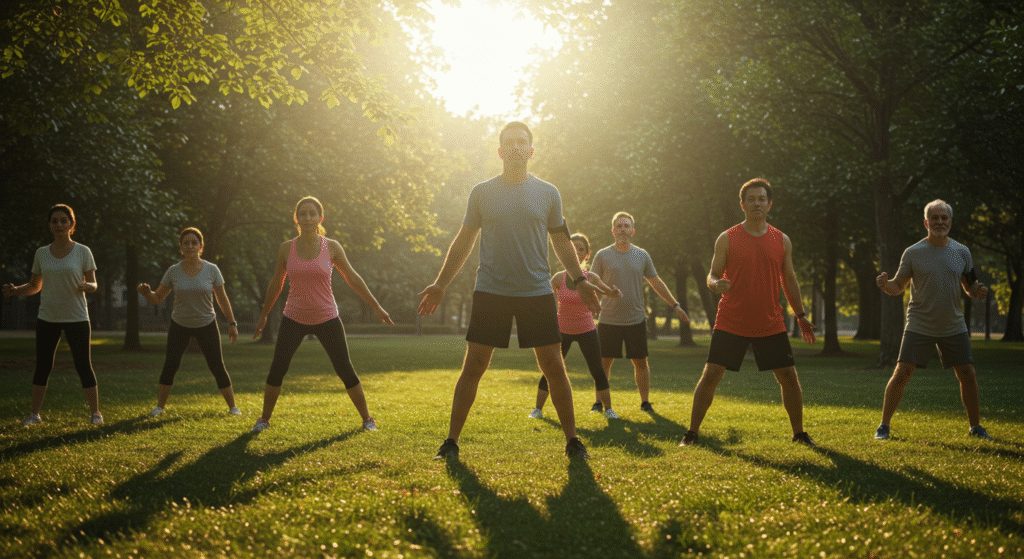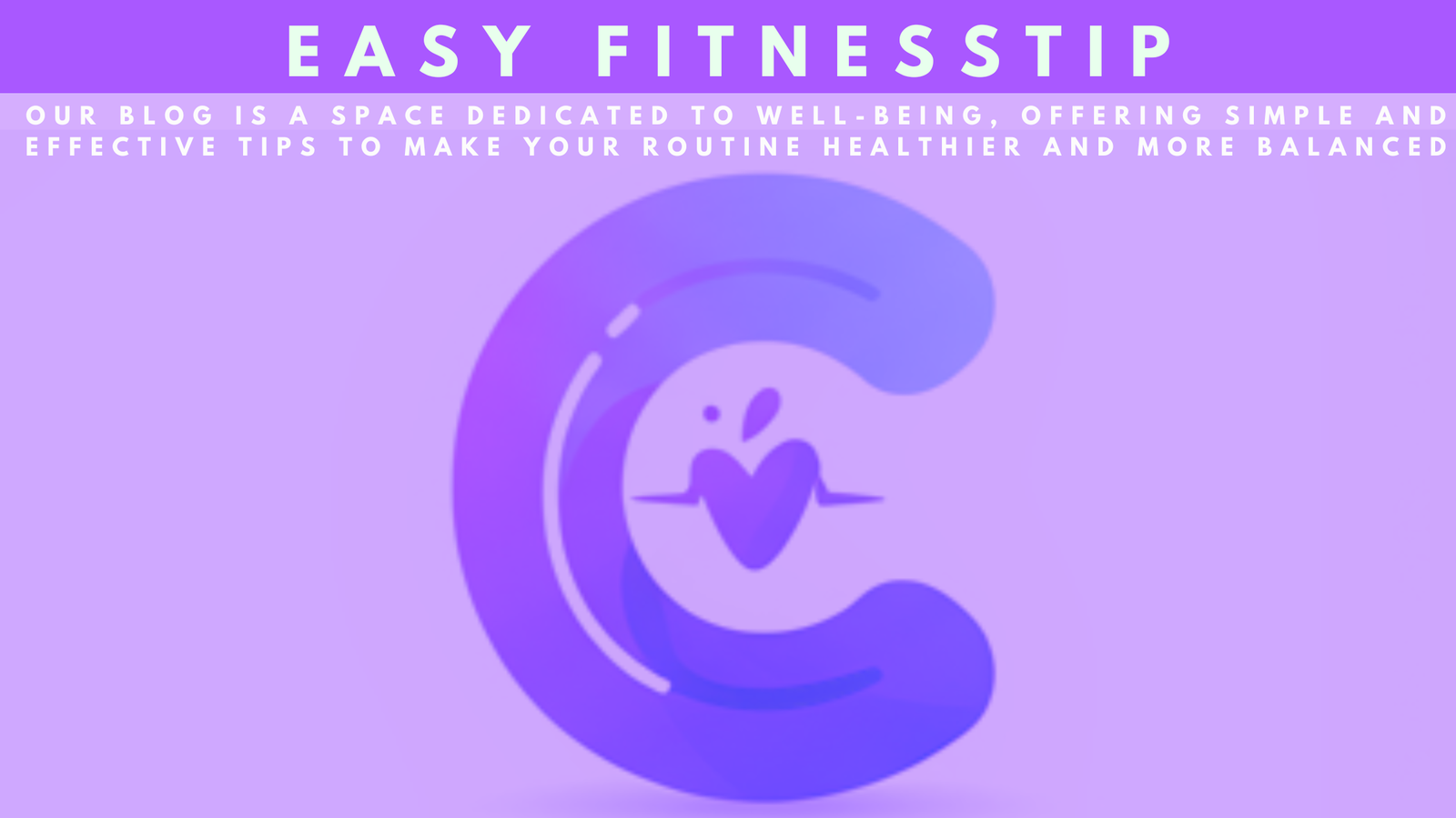
Imagine a simple, low-cost activity that could rival the effectiveness of prescription drugs in reducing cancer recurrence and mortality—without the side effects. Sounds too good to be true? It isn’t.
Why Physical Activity Matters Post-Chemotherapy
Turning to exercise after chemotherapy isn’t just about feeling better—it can be life-changing.
Recent high-quality clinical research shows that structured exercise dramatically lowers cancer recurrence and boosts survival. It also counteracts treatment-related side effects such as fatigue, cognitive decline, and quality-of-life drops.
Landmark Evidence – The CO21 Trial
Global Randomized Clinical Trial Data
In 2025, researchers presented the CO21 Challenge trial—a randomized controlled trial published in the New England Journal of Medicine and unveiled at ASCO—featuring 889 stage II–III colon cancer patients from six countries en.wikipedia.org+14dailytelegraph.com.au+14thesun.co.uk+14.
Half the group received a standard lifestyle booklet; the other half engaged in a 3-year supervised exercise program:
- Coaching frequency: Every two weeks in Year 1; then monthly for two more years
- Activities: 45‑60‑minute sessions equivalent to brisk walking 3–4 times weekly, or alternatives like jogging, swimming, and circuit training dailytelegraph.com.au+1apnews.com+1thesun.co.uk+4thetimes.co.uk+4mdpi.com+4

Life, Health, and Survival Gains
Results after up to 8 years:
- 28% reduction in cancer recurrence risk at 5 years
- 37% lower mortality at 8 years apnews.comdailytelegraph.com.authetimes.co.uk+1oncologynewscentral.com+1
These results show better survival rates than many drugs, with fewer side effects sciencedirect.com+5dailytelegraph.com.au+5thetimes.co.uk+5.
Expert Commentary
- Dr. Christopher Booth (study lead): “I would say [exercise is] better than a drug.” dailytelegraph.com.au+1apnews.com+1
- ASCO Chief Medical Officer Dr. Julie Gralow: Benefits “same magnitude of benefit of many drugs” dailytelegraph.com.au+1apnews.com+1
Evidence Across Cancer Types & Symptoms
Breast Cancer – Survival & Strength
- OptiTrain trial (Sweden): High-intensity circuit training plus resistance vs. control. After 8 years, the combined-exercise group had significantly fewer deaths (HR ~0.18) theguardian.com+15oncologynewscentral.com+15bmcnurs.biomedcentral.com+15.
- NCI/DELCaP study: Ongoing physical activity before, during, and after chemo linked to better survival and lower recurrence among women with high-risk breast cancer en.wikipedia.org+6cancer.gov+6thesun.co.uk+6.
Reducing Fatigue & Improving Quality of Life
- Meta-analysis (26 RCTs) in breast cancer: Aerobic, resistance, or combined regimens significantly reduced cancer-related fatigue (CRF) and improved quality of life—best effects with ≥3 sessions/week, ≥60 min per session mdpi.com+1bmcnurs.biomedcentral.com+1.
- Review (80 studies): Exercise reduced fatigue, pain, cognitive impairment, sleep loss, cardiotoxic effects, and boosted psychological wellbeing during and after treatment theguardian.com.
- Cognitive benefits: A 6-month program improved self-reported cognition, mood, and physical fitness in chemo-exposed breast cancer survivors breast-cancer-research.biomedcentral.com.
Mechanisms Behind Exercise Benefits
Biological & Treatment-Related Effects
- Tumor microenvironment: Exercise may alter blood flow and drug delivery to tumors en.wikipedia.org.
- Epigenetic changes: Breast cancer survivors engaging in moderate aerobic exercise showed tumor-suppressor gene demethylation, linked to >60% reduced mortality link.springer.com+10en.wikipedia.org+10oncologynewscentral.com+10.
Physical & Psychological Improvement
- Increased cardiovascular fitness, muscle strength, and range-of-motion nature.com+2cancer.org+2nature.com+2
- Enhanced mood, anxiety reduction, better sleep, and lowered fatigue
Putting It into Practice 🔧
Guidelines for Oncologists & Survivors
- Aim for 150–300 min moderate or 75–150 min vigorous aerobic exercise weekly + ≥2 days/week resistance training cancer.org.
- Start slow—e.g., 45‑min daily walks—and increase gradually.
Developing a Structured Plan
- Initial coaching: Personalized plan with fitness pro or therapist
- Coaching frequency: Bi-weekly → monthly over 3 years
- Activities: Brisk walking, cycling, swimming, resistance circuits
- Accountability: Schedule sessions, track progress, social support
Safety Considerations
- Generally safe during and after chemo, with low incidence of adverse effects apnews.com+1dailytelegraph.com.au+1thetimes.co.uk
- Consult care team before starting—especially with nerve damage, bone metastases, or low blood counts
- Low-intensity options like yoga or qigong can help manage fatigue and cognitive issues en.wikipedia.org
Why This Matters for English-Speaking Countries
- High incidence of breast, colon, and prostate cancers in the US, UK, Canada, Australia
- Healthcare policy impact: Exercise programs are cost-effective and scalable in public health systems
- Equity & inclusion: Accessible tools—walking, home-based resistance, community classes—reduce disparities

Take Action Today
Ready to transform your post-chemo journey?
- 📅 Schedule a session with an oncologist or exercise-oncology specialist.
- 🏃 Shoutout to companions: Involve a friend or support group for accountability.
- 📋 Track progress: Log workouts and physical changes monthly.
- 🎯 Stay consistent: Even 150 min of moderate exercise weekly provides health benefits.
Final Thoughts: More Than Just Recovery
Exercise after chemotherapy is not optional—it’s essential. It significantly:
- Cuts recurrence risk and death
- Boosts fitness, mood, sleep, and cognition
- Enhances treatment outcomes and biological resilience
- Offers an affordable, low-side-effect intervention
Let’s reframe exercise as a core pillar of cancer care, not just an add-on.
Share this article to raise awareness—and if you’re a survivor, doctor, or caregiver, commit to making exercise part of your recovery roadmap.
📚 References & Further Reading
- “Exercise boosts survival rates in colon cancer patients, study shows” (AP News, Jun 1 2025) en.wikipedia.orgdailytelegraph.com.aupmc.ncbi.nlm.nih.gov+11apnews.com+11thesun.co.uk+11
- “An ‘exercise prescription’ dubbed ‘better than drugs’…” (Daily Telegraph/ASCO, Jun 3 2025) thesun.co.uk+2dailytelegraph.com.au+2thetimes.co.uk+2
- “Key takeaways from world’s largest cancer conference…” (The Guardian, Jun 6 2025) theguardian.com
- “Exercise can counter side-effects … biggest review” (The Guardian, Apr 29 2025) theguardian.com
- PMC: Exercise enhances chemo efficacy preclinical
- PMC: Exercise & cognitive benefits in chemo survivors
- OptiTrain trial survival data mskcc.org+15oncologynewscentral.com+15nature.com+15
- NCI/DELCaP breast cancer survival & PA cancer.gov
- Meta-analysis on CRF in breast cancer en.wikipedia.org+2mdpi.com+2bmcnurs.biomedcentral.com+2
- Systematic review: aerobic/resistance during chemo cancer.gov+5apnews.com+5pmc.ncbi.nlm.nih.gov+5
- Nature review on PA & cancer outcomes pmc.ncbi.nlm.nih.gov+3sciencedirect.com+3sciencedirect.com+3
- MSKCC: Aerobic exercise limits ageing during chemo mskcc.org
- Nutritional + exercise effects – WSJ article en.wikipedia.org
- Wikipedia: exercise benefits, epigenetics & neurobiology
Feel empowered? Share this post. Encourage survivors, healthcare providers, and caregivers in English-speaking nations. Tell them to “prescribe” movement—not just medicine—for recovery.
